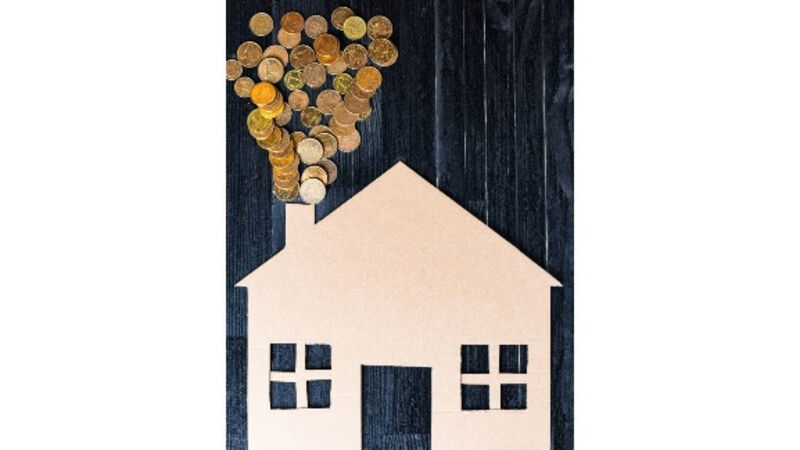Making Cents: Lower electricity costs now but winter on the way

When the weather broke over the last 10 days, social media was full of references to people considering the
strangest of activities: turning the heating on.
Try from €1.50 / week
SUBSCRIBEWhen the weather broke over the last 10 days, social media was full of references to people considering the
strangest of activities: turning the heating on.
Already a subscriber? Sign in
You have reached your article limit.
Annual €130 €80
Best value
Monthly €12€6 / month
Introductory offers for new customers. Annual billed once for first year. Renews at €130. Monthly initial discount (first 3 months) billed monthly, then €12 a month. Ts&Cs apply.
CONNECT WITH US TODAY
Be the first to know the latest news and updates
CONNECT WITH US TODAY
Be the first to know the latest news and updates

Our team of experts are on hand to offer advice and answer your questions here
Newsletter
The best food, health, entertainment and lifestyle content from the Irish Examiner, direct to your inbox.
© Examiner Echo Group Limited